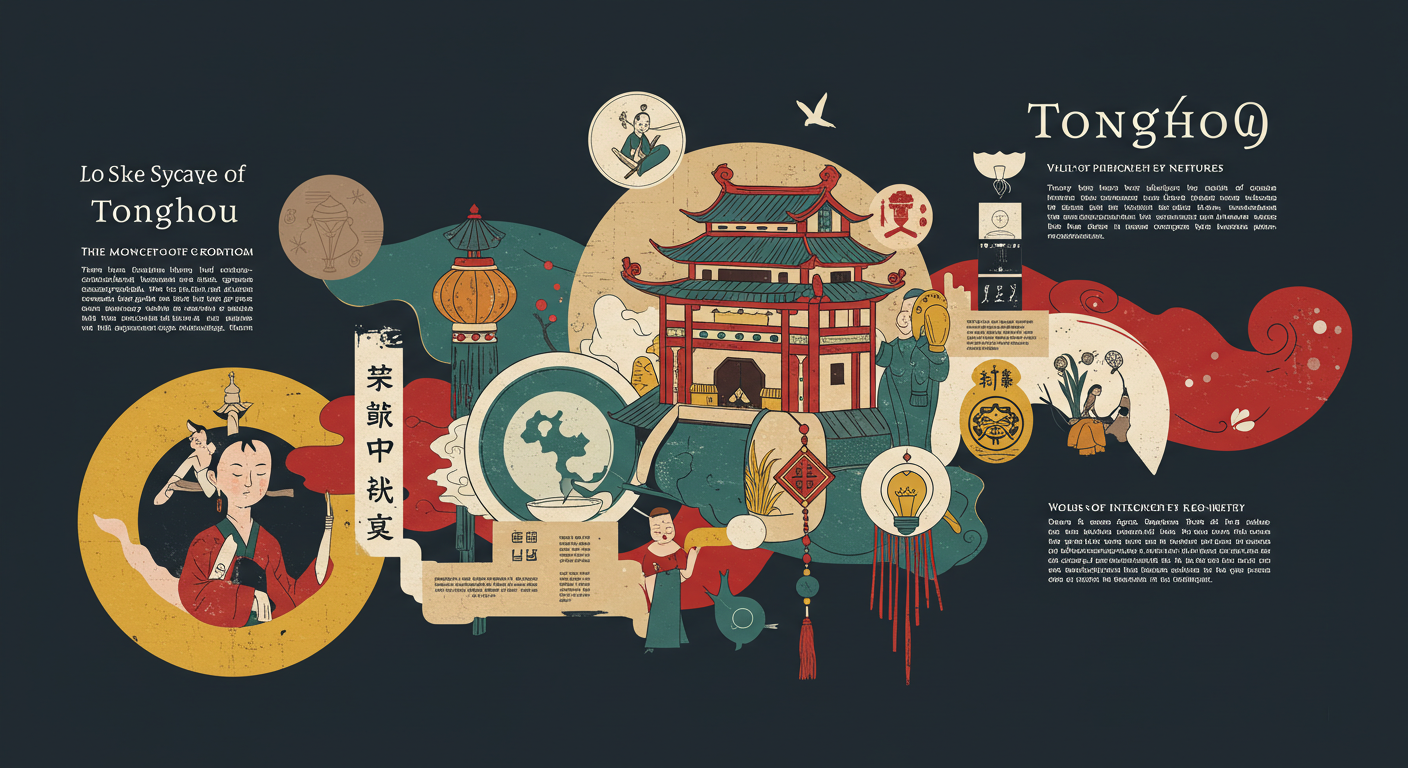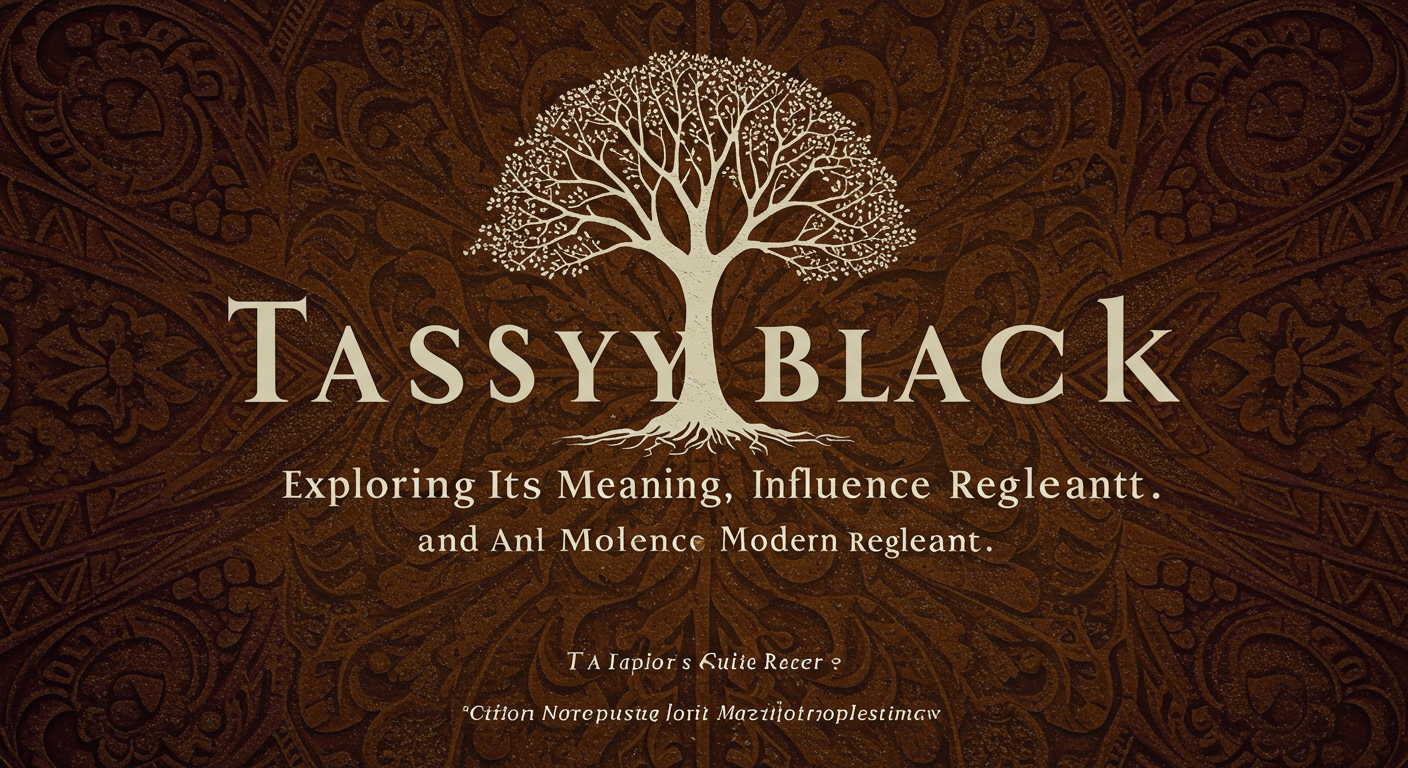The term tonghou has gradually gained attention for its cultural depth and symbolic meaning. Though interpretations may vary depending on context, generally reflects harmony, cooperation, and a shared understanding among people. It is more than a word—it represents a timeless principle that continues to shape both traditional thought and modern society.
Understanding the Origins of Tonghou
Historical Roots
The earliest references to tonghou suggest a connection to ancient communities where collaboration was vital for survival. Farmers, traders, and artisans often relied on -like principles of cooperation to ensure success and balance within their groups.
Etymological Insights
From a linguistic standpoint, tonghou is thought to combine elements that reflect “togetherness” and “time.” This makes it a versatile concept, describing not only shared moments but also collective action toward common goals.
Cultural Significance of Tonghou
A Symbol of Unity
For centuries, tonghou has stood as a cultural symbol of harmony. It reflects the belief that society thrives when individuals work with respect and understanding. In this way, is not limited to one culture but resonates universally.
Tonghou in Philosophy
Philosophical traditions often interpret tonghou as a state of balance between individual needs and collective well-being. It promotes the idea that true growth comes when people align their efforts with the greater good.
Tonghou in Daily Life
Interpersonal Relationships
In personal life, tonghou can be seen in how people communicate, resolve conflicts, and build trust. Couples, families, and friends who embrace foster stronger, more respectful bonds.
Workplace Harmony
Organizations that integrate principles often report improved teamwork and productivity. Leaders who promote fairness, collaboration, and empathy help create a positive work environment inspired by tonghou.
Artistic and Literary Representations of Tonghou
Throughout history, artists and writers have embraced tonghou as a source of inspiration. Painters use balanced colors and forms to symbolize harmony, while poets describe as the meeting point of hearts and minds. These creative expressions ensure that remains alive in cultural memory.
Spiritual and Personal Growth Through Tonghou
Inner Balance
On a personal level, tonghou is often linked to mindfulness and self-awareness. It teaches individuals to seek peace within themselves before extending it outward to others.
Religious Interpretations
In certain belief systems, signifies the unity between the spiritual and material worlds. This interpretation reinforces its importance as a guiding value for people seeking deeper meaning in life.
Tonghou in Modern Contexts
Technology and Globalization
The modern digital era has given new life to tonghou. Online communities often rely on its principle of shared understanding to create meaningful connections across borders. Social media groups, global businesses, and virtual learning platforms all benefit from -like collaboration.
Education and Community Building
Educators also apply principles to create classrooms that encourage teamwork, respect, and inclusivity. Community leaders use it as a framework for resolving disputes and strengthening social ties.
Geographical and Historical Associations
Some historians suggest that tonghou may also be tied to regions where trade and cultural exchange flourished. These meeting places reflected the very essence of —bringing together diverse groups for mutual benefit and learning.
Why Tonghou Matters Today
In today’s fast-paced world, the message of tonghou feels more relevant than ever. As societies face challenges like climate change, cultural divides, and economic struggles, offers a reminder that solutions come from cooperation, not division.
Challenges to Preserving Tonghou
Despite its enduring value, the essence of tonghou risks being overlooked in a world that often prioritizes competition over unity. Preserving it requires conscious effort—through education, cultural awareness, and personal practice.
Future Prospects of Tonghou
The future of tonghou looks promising as younger generations rediscover its meaning. In an interconnected world, can serve as a universal principle guiding diplomacy, innovation, and social development. Its emphasis on balance and mutual respect ensures it will remain a relevant philosophy for years to come.
Conclusion
The concept of tonghou represents more than a historical idea—it is a living principle that continues to inspire people across cultures and generations. From its ancient origins to its modern applications in business, education, and personal life, highlights the power of unity and harmony. By embracing , individuals and communities alike can build stronger, more meaningful connections that shape a better future.








